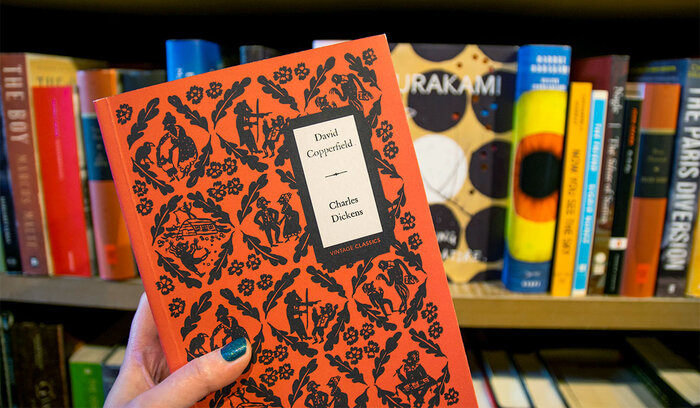
Bel-Esprit
[bel-es-PREE]
Part of speech: noun
Origin: French, 17th century
1.
A witty person.
Examples of Bel-Esprit in a sentence
"My uncle Ken was a bel esprit whose presence livened up every family party."
"Hoping to absorb enough wit to become a bel esprit, Laura read the collected works of Dorothy Parker and Oscar Wilde."
About Bel-Esprit
“Bel esprit” comes directly from the French expression, which literally means “nice spirit” but is defined as “fine mind” or “wit.”
Did you Know?
In the 18th-century, dinner parties could be hours-long affairs with strict etiquette around conversation. But if one were lucky enough to be seated next to a bel esprit, then the night was sure to be entertaining. This particular type of conversationalist is not just clever, but likely has a reputation for witty remarks that everyone can enjoy and laugh at. A bel esprit brings such wit, humor, and insight to a conversation that it is considered a privilege — or very good luck — to spend time talking with them.








